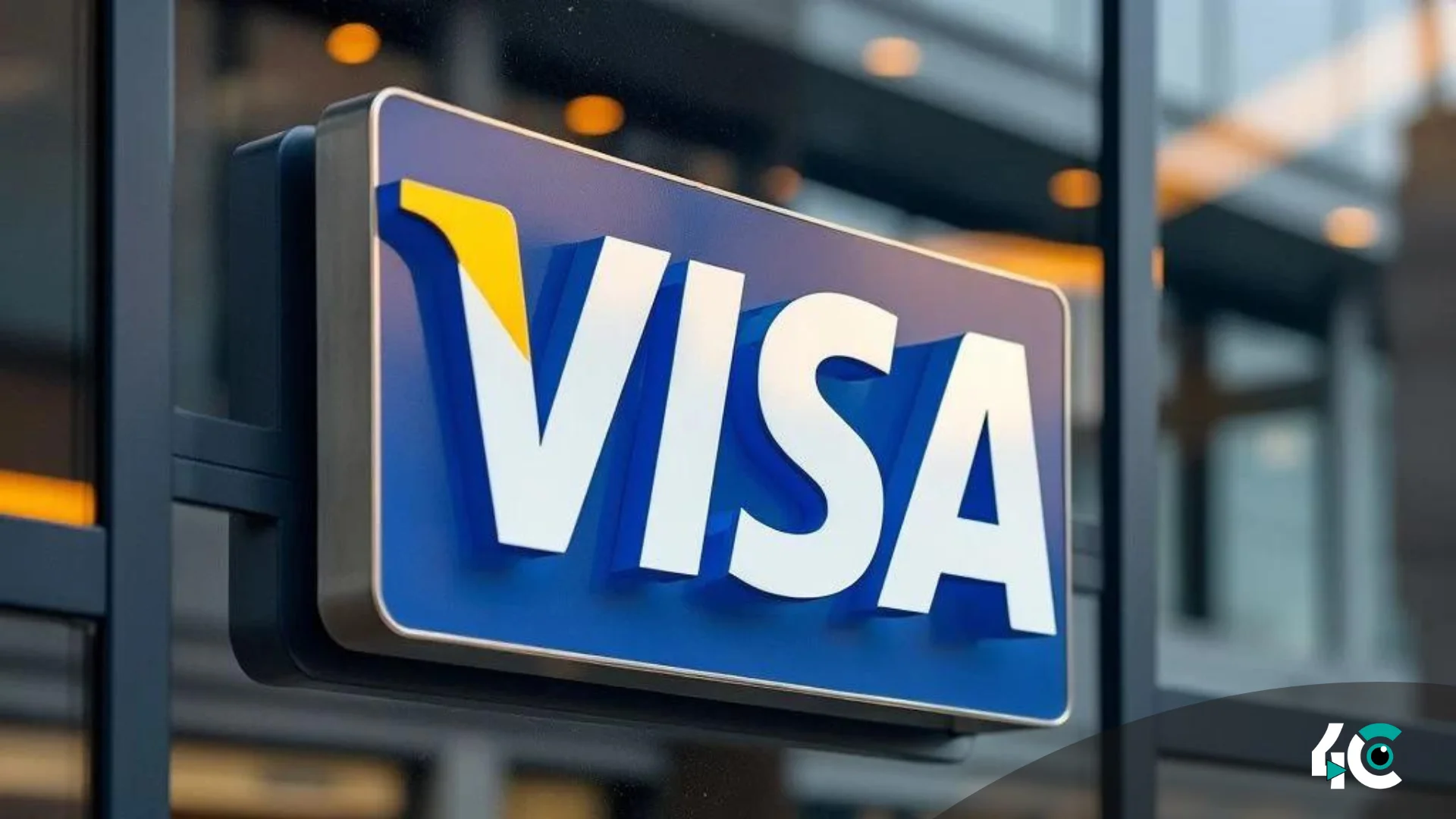Visa has launched the Visa Tokenized Asset Platform (VTAP), an innovative solution aimed at helping financial institutions issue and manage digital assets like stablecoins and central bank digital currencies (CBDCs). Announced on October 3, the platform is currently in its sandbox phase, with institutions such as Banco Bilbao Vizcaya Argentaria (BBVA) testing its capabilities.
VTAP offers secure infrastructure for minting, transferring, and settling digital assets on both public and private blockchains. Visa envisions the platform as a key tool for institutional investors and central banks, providing a streamlined way to integrate blockchain technology into their operations. Through VTAP, banks can digitize and automate various financial processes, such as managing complex credit lines with smart contracts. For instance, a bank could utilize fiat-backed tokens to release payments upon the fulfillment of specific contract conditions.
Visa aims to position VTAP as a bridge between traditional financial systems and decentralized finance. The platform’s design requires minimal technical integration, allowing banks to easily mint, burn, and transfer fiat-backed tokens, including tokenized deposits and stablecoins. This ease of use could make VTAP an attractive option for banks looking to modernize their systems and explore blockchain solutions.
One of the standout features of VTAP is its interoperability across various blockchains. With just one API connection, banks can interact with both public and private blockchain networks, opening up numerous use cases. This interoperability is part of Visa’s broader vision of enabling the tokenization and exchange of real-world assets across secure blockchain platforms.
Visa plans to move VTAP into a live pilot phase by 2025, beginning with select customers on the Ethereum blockchain. This step could significantly advance the adoption of blockchain technology in the banking sector and redefine how financial institutions handle digital assets.
However, Visa’s ambitious plans come amid regulatory scrutiny. The United States Department of Justice recently filed an antitrust lawsuit against the company, accusing it of monopolizing the debit payments market. Critics have also accused Visa of stifling competition in both debit and credit card payments.
As Visa continues to push forward with VTAP, it will need to balance its innovative efforts with regulatory compliance. The platform has the potential to revolutionize the financial services landscape by making blockchain technology accessible to a broader range of banks and financial institutions.
































